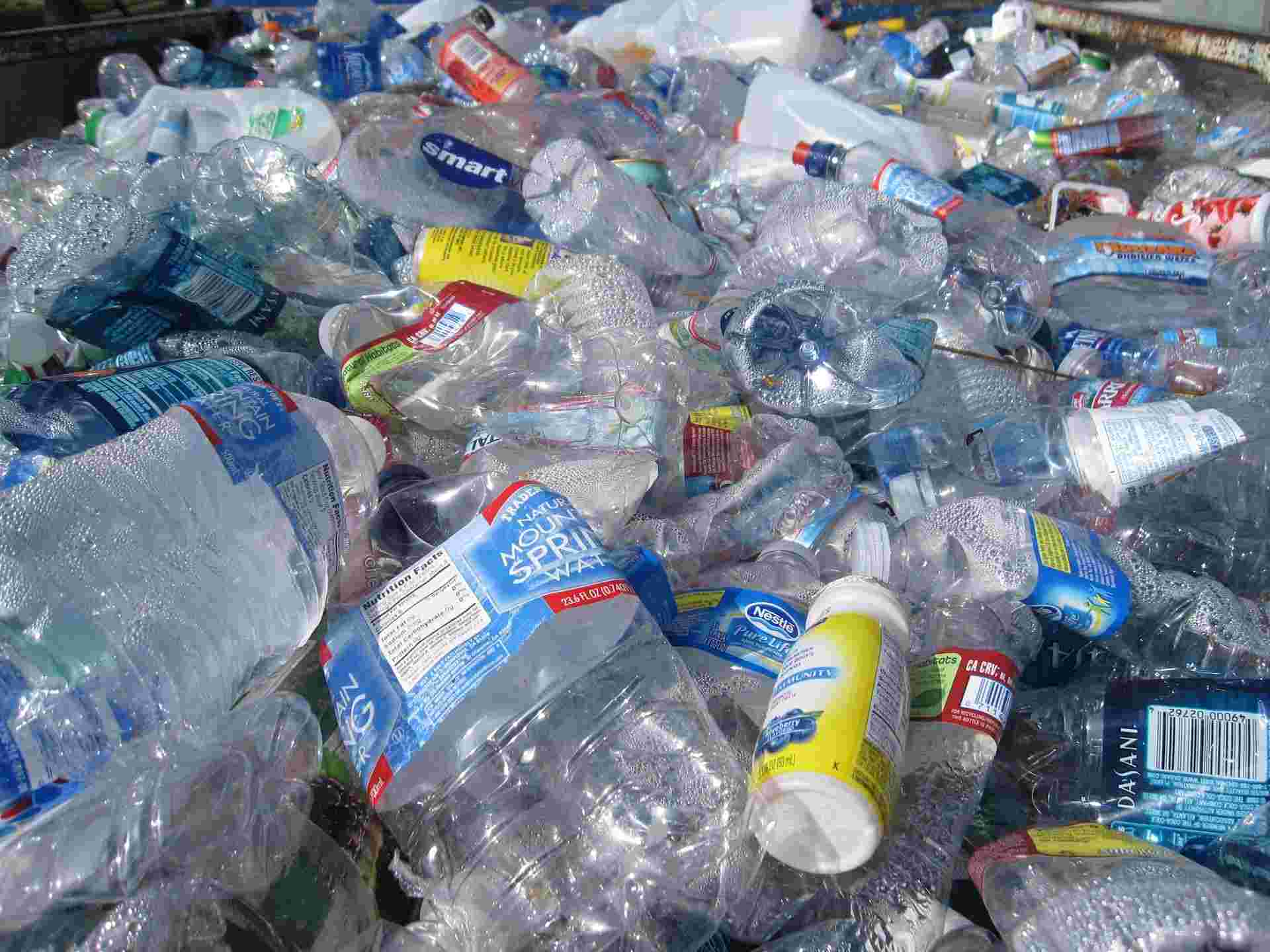Recycled Fashion: Why It’s More Than Just a Trend

“Going green” is a concept that’s been around for a while now, and today the promotion of a sustainable lifestyle is often connected to recycled fashion. But does it matter? The production of fashion that includes recycling not only moves away from the multiple negative effects of the fast fashion industry, it also has discernible positive effects such as reducing your carbon footprint and supporting more ethical brands. Take a look at why eco-friendly fashion is way more than just a trend.
The Problem with Unsustainable Fashion
As explained by the Common Objective, “fashion has long been an important vehicle for development – at both local and international levels – helping countries climb the ladder of industrialisation towards wider growth, higher wages and broader skills bases,” but “this has however often been on the back of labor exploitation.”
What this means is that the fashion industry’s incredible power to shape destinies can be cultivated for good, but also can be part of a negative ripple effect.
Keeping workers in poverty while polluting the environment and using up scarce materials is often the reality of the typical fashion industry standard. Methods of production include exploitation of both the environment and the workers. Unsustainable fashion clearly poses a problem.
“At MITA, this is something our team feels very strongly about. We cannot treat the environment better without also treating our workers well. We’re working to create positive fashion by complying with all employment rules and regulations, and creating a circular fashion economy by upcycling water bottles, aluminum and other sustainable materials into our eyewear.”
- Nora Cabrera, Co-Founder
The Power of Sustainable Fashion
In contrast, sustainable fashion promotes treating both the environment and the workers right. Eco-friendly fashion practices make for a more sustainable business model, where production methods are good to the environment and industry practices are ethically kind. Businesses who promote this type of fashion actively consider their production methods, including what raw materials they use and how the process continues. Transportation, labor, and other aspects of the industry all have cumulative effects that could have a focus on sustainability.
Of course, sustainable fashion practices doesn’t just mean recycled fashion. But 53% of shoppers who buy sustainable products think it’s important to use recycled materials. Searches for "sustainable fashion" are rising faster and more steadily than searches for "organic food.” But really, all that demonstrates is how people are more and more interested in recycled fashion because it aligns with the sustainable lifestyle that they are trying to create.
What Does Sustainable Fashion Look Like?
The principles are important, but it’s also critical to see what this type of sustainability looks like in action. For us, recycled fashion revolves around a concept called upcycling. This takes materials that were already used, such as plastic water bottles, and incorporates them into a new design that’s eco-friendly, like our sunglasses.
Going Green
If you’re ready to adopt a sustainable lifestyle with your fashion choices, you want to consider each aspect of your look. For your shades, make selections based on both style and sustainability. At MITA Eyewear, we transform water bottles into wearable, high-quality, lightweight, and sustainable eyewear.
Recycled fashion is more than a trend: it’s a lifestyle. And, when you adopt this lifestyle and choose to go green with us, your ethical and eco-friendly look can also be at the top of the style trend.





